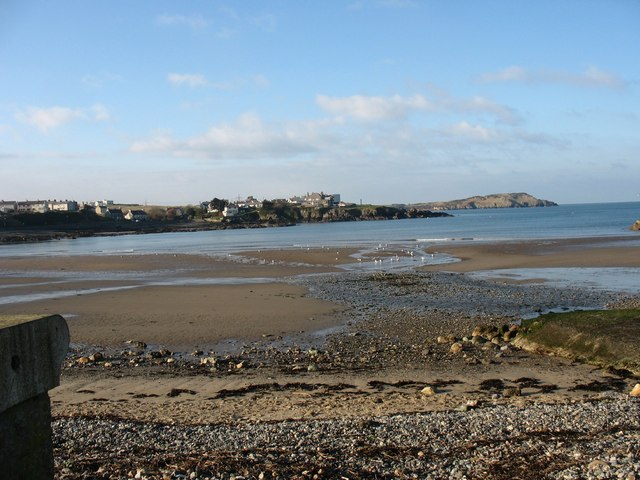Weeds don’t cry.
They stand stalwart
in fields of corn,
in precise gardens of boxwood and lavender,
in chummy closeness with thyme and sage.
Then someone will shout:
“Pull up those damn weeds,”
and hands of all ages
will strain against the strength
of those orphans of wildness and
pull, pull, pull,
or put foot to spade and
slice down to clear the root.
In my salad days,
I pulled up sheaves of five foot tall
lamb's quarters to feed the breeder pigs.
Lamb’s quarters, dandelion, amaranth, clover -
they grew between the crops and the rocks,
nourishing the pigs till the corn came in.
Someone once told me
that I was a weed -
resilient, strong, able to flourish
in adverse conditions.
And I carried that thought
throughout my life,
and felt proud ….
For when someone tells you that,
you never forget it.
After years of garden work,
here’s how I feel about weeds:
I love them.
Kneeling in the middle
of my tomato plants,
I am contemplative and peaceful
as my reedy hands pull and pull and pull,
piling up the weeds of my past,
each a remembrance,
an homage to enduring.
© Evie Safran, 2017
 |
| Men with picks and hoes clearing weeds in a field Pullenvale, 1889 Photo held by John Oxley Library, State Library of Queensland Photo from Wikimedia Commons |

.jpg/1280px-Hermit_Thrush_(14023544594).jpg)